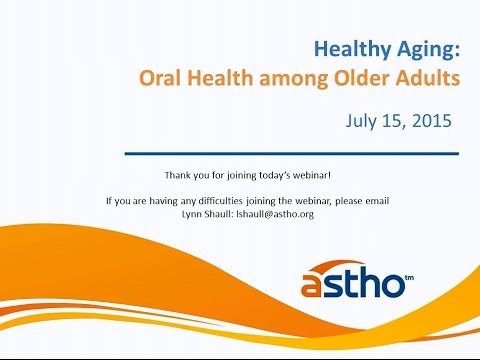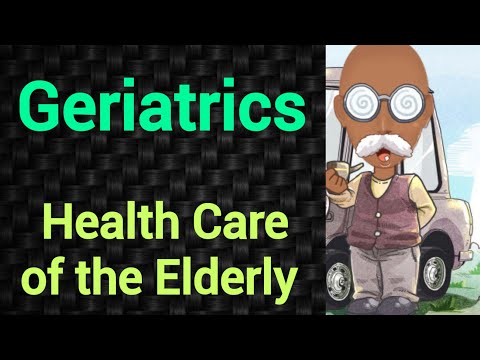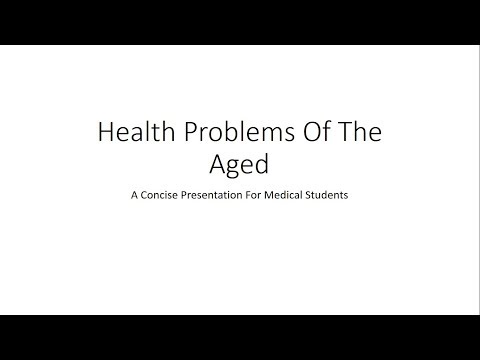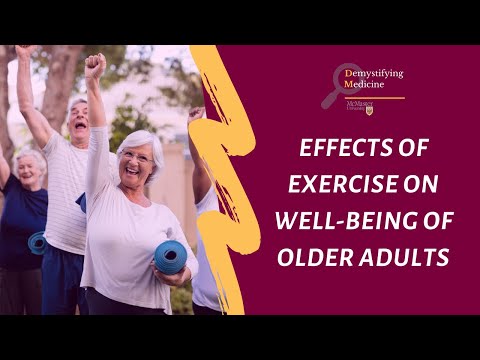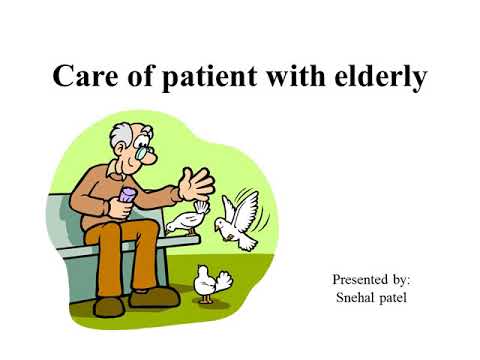Oral Health Issues in the Elderly
Contents
- The Importance of Good Oral Health in the Elderly
- The Link Between Oral Health and Overall Health
- The Most Common Oral Health Issues in the Elderly
- The Impact of Poor Oral Health in the Elderly
- The Relationship Between Dental Health and Cognitive decline
- The Relationship Between Dental Health and Physical decline
- The Importance of Regular Dental Check-Ups
- The Risks of Not Treating Oral Health Issues in the Elderly
- The Cost of Oral health care for the Elderly
- The Impact of Good Oral Health on Quality of Life in the Elderly
As we age, our Oral Health can decline for a variety of reasons. Here are some of the most common oral health issues the elderly face, and what you can do to prevent them.
Checkout this video:
The Importance of Good Oral Health in the Elderly
Good oral health is important at any age, but it’s especially important for seniors. That’s because older adults are more likely to have chronic medical conditions that can affect their oral health. They’re also more likely to take medications that can cause dry mouth, which can lead to tooth decay and other problems.
Unfortunately, many seniors don’t get the dental care they need. In fact, according to the National Institute of Dental and Craniofacial Research, only about one-third of adults aged 65 and over have visited a dentist in the last year.
There are a number of reasons why seniors may not see a dentist on a regular basis. They may not have dental insurance, or they may not be able to afford dental care. Some seniors may not be able to get to a dentist because of transportation issues. Others may simply be afraid of going to the dentist.
Whatever the reason, it’s important for seniors to make sure they see a dentist regularly. That’s because good oral health is essential for overall health and well-being. Poor oral health has been linked to a number of chronic conditions, such as heart disease, stroke, diabetes, and respiratory disease.
Furthermore, research has shown that seniors with poor oral health are more likely to have problems with activities of daily living, such as eating and speaking. They’re also more likely to experience depression and social isolation.
If you’re a senior who hasn’t seen a dentist in awhile, there’s no need to be embarrassed or ashamed. Simply call a dental office near you and schedule an appointment. Most dentists offer sliding scale fees or payment plans that can make dental care affordable for everyone.
The Link Between Oral Health and Overall Health
Good oral hygiene is not only important for a pleasant appearance and fresh breath, it’s also crucial for maintaining your health as you age. In fact, research has shown that there is a link between oral health and overall health, particularly in the elderly. Poor oral health has been linked to a number of serious health problems such as heart disease, stroke, and diabetes.
It’s important to take steps to protect your teeth and gums as you age. Regular visits to the dentist are one of the best ways to do this. Be sure to brush and floss regularly, and don’t hesitate to ask your dentist for advice on how to best care for your teeth as you age.
The Most Common Oral Health Issues in the Elderly
The most common oral health issues in the elderly population are tooth decay, periodontal disease, and xerostomia.
Tooth decay is caused by a bacteria called Streptococcus mutans, which produces acids that break down tooth enamel. Periodontal disease is an infection of the gums that can destroy the supporting tissues of the teeth. Xerostomia, or dry mouth, is a condition that can be caused by medications, cancer treatment, and certain medical conditions.
There are several ways to prevent or treat these common oral health issues. Brushing and flossing regularly, using mouthwashes and dental sealants, and getting regular dental checkups can help to prevent cavities and periodontal disease. Drinking plenty of water and avoiding sugary drinks can help to reduce the risk of tooth decay. And using saliva substitutes or artificial saliva can help to relieve the symptoms of xerostomia.
The Impact of Poor Oral Health in the Elderly
The elderly population is at a heightened risk fororal health problems for a variety of reasons. Many seniors take medications that can cause dry mouth, which in turn can lead to tooth decay, gum disease, and other oral health issues. Additionally, older adults may have difficulty brushing and flossing due to arthritis or other physical limitations. Poor oral health can have a significant impact on an elderly person’s quality of life, as it can lead to pain, infection, and even premature death.
A number of studies have shown that poor oral health is associated with an increased risk of pneumonia in the elderly population. Additionally, research has shown that seniors with dental problems are more likely to suffer from malnutrition. Malnutrition can cause a host of problems in seniors, including weakness, confusion, falls, and infections.
Oral health problems can also lead to social isolation in the elderly population. Many seniors are embarrassed by their teeth or afraid of going to the dentist. As a result, they may stop smiling, talking, and socializing with others. This isolation can exacerbate existing mental health problems such as depression and anxiety.
It is important for family members and caregivers to be aware of the signs of oral health problems in the elderly. These include tooth loss, persistent bad breath, red or swollen gums, mouth sores, and changes in eating or speaking habits. If you notice any of these signs in an elderly loved one, make an appointment with a dentist as soon as possible.
The Relationship Between Dental Health and Cognitive decline
There is a growing body of evidence that suggests there is a relationship between dental health and cognitive decline in the elderly. Poor oral health has been linked to an increased risk of cognitive decline and dementia, as well as an increased risk of falls and fractures.
There are a number of theories about how poor oral health may lead to cognitive decline. One theory is that the inflammation caused by periodontal disease may contribute to the development of Alzheimer’s disease. Another theory is that bacteria from dental plaque can enter the bloodstream and travel to the brain, where they can cause inflammation and damage neurons.
Although more research is needed to confirm the link between dental health and cognitive decline, it is clear that good oral health is important for overall health and well-being in the elderly. Regular dental checkups and teeth cleanings are important for maintaining good oral health, and brushing and flossing daily can help prevent plaque buildup.
The Relationship Between Dental Health and Physical decline
The elderly are more susceptible to a number of oral health issues that can lead to physical decline. These issues include tooth loss, gum disease, and dry mouth. Each of these conditions can make it difficult for the elderly to eat and speak properly, which can lead to malnutrition and social isolation. In addition, oral health problems can cause pain and discomfort, which can further contribute to physical decline.
Tooth loss is one of the most common oral health problems in the elderly. It can be caused by a number of factors, including poor oral hygiene, tooth decay, and gum disease. As people age, their teeth become less anchored in the jawbone and more susceptible to falling out. In addition, the gums recede as people age, which can expose more of the tooth root and make the teeth more vulnerable to decay.
Gum disease is another common oral health problem in the elderly. It is caused by a build-up of plaque and tartar on the teeth. This build-up will eventually lead to inflammation of the gums and bone loss around the teeth. Gum disease can also cause bleeding gums, which can make it difficult for the elderly to eat properly.
Dry mouth is another oral health problem that is common in the elderly. It is caused by a decrease in saliva production, which can be due to a number of factors, including medications, illnesses, and dehydration. Dry mouth can lead to an increase in cavities and gum disease, as well as difficulties with eating and speaking.
The Importance of Regular Dental Check-Ups
The importance of regular dental check-ups becomes even more important as we age. According to the Centers for Disease Control and Prevention (CDC), approximately one in five adults aged 65 and over have untreated cavities. In addition, gum disease is also more common in older adults, with the CDC reporting that over half of adults aged 65 and over have some form of it.
There are a number of reasons why oral health problems become more common in older age. One reason is that our teeth become less strong and more brittle as we age, making them more susceptible to decay. Another reason is that our gums tend to recede as we age, which can lead to gum disease.
It’s important to see a dentist regularly so that any oral health issues can be detected and treated early. regular dental check-ups can help to prevent problems from becoming worse, and they can also help you to keep your teeth and gums healthy as you age.
The Risks of Not Treating Oral Health Issues in the Elderly
There are a number of risks associated with not treating oral health issues in the elderly. These include an increased risk of tooth decay, gum disease, and other problems. Additionally, untreated oral health issues can lead to difficulties with eating and speaking, and can also cause pain and discomfort. Finally, untreated oral health issues can also lead to an increased risk of infection.
The Cost of Oral health care for the Elderly
The cost of oral Health Care for the elderly is a major concern for many people. Elderly people are more likely to have dental problems, and they often have difficulty getting to a dentist. In addition, they may have trouble paying for dental care.
There are several programs that can help elders with their dental needs. Medicaid and Medicare are two government programs that provide dental coverage for low-income seniors. The Veterans Administration also provides dental care for seniors who are veterans.
Some private insurance companies offer dental coverage for seniors. There are also some discounts and programs available through dental schools and professional organizations.
The Impact of Good Oral Health on Quality of Life in the Elderly
It’s no secret that our oral health can have a significant impact on our lives. Our mouth is the gateway to our overall health, so it’s important to take care of it. This is especially true for the elderly, who are more likely to experience oral health issues due to a variety of factors.
Poor oral health can lead to a number of problems, including pain, infection, and tooth loss. It can also cause difficulty eating and speaking, which can impact a person’s quality of life. In fact, studies have shown thatoral health problems are associated with a decrease in quality of life in the elderly.
There are a number of reasons why the elderly are more likely to experience oral health issues. Poor dental hygiene, for example, is a common problem in this population. Elderly people may have difficulty brushing and flossing due to physical limitations or cognitive decline. They may also be less likely to see a dentist regularly due to financial constraints or transportation issues.
Certain medical conditions, such as diabetes and Alzheimer’s disease, can also impact oral health in the elderly. These conditions can make it difficult to take care of one’s teeth and gums and can also lead to an increased risk of infection. In addition, many medications used by the elderly can have side effects that impact oral health, such as dry mouth or decreased saliva production.
Despite the challenges, it’s important to maintain good oral health in the elderly population. There are a number of ways to do this, including regular dental visits, good at-home dental hygiene habits, and avoiding tobacco use. Eating a healthy diet and drinking plenty of water are also key for keeping teeth and gums healthy. By taking these steps, we can help improve the lives of those who are most vulnerable to oral health problems.

